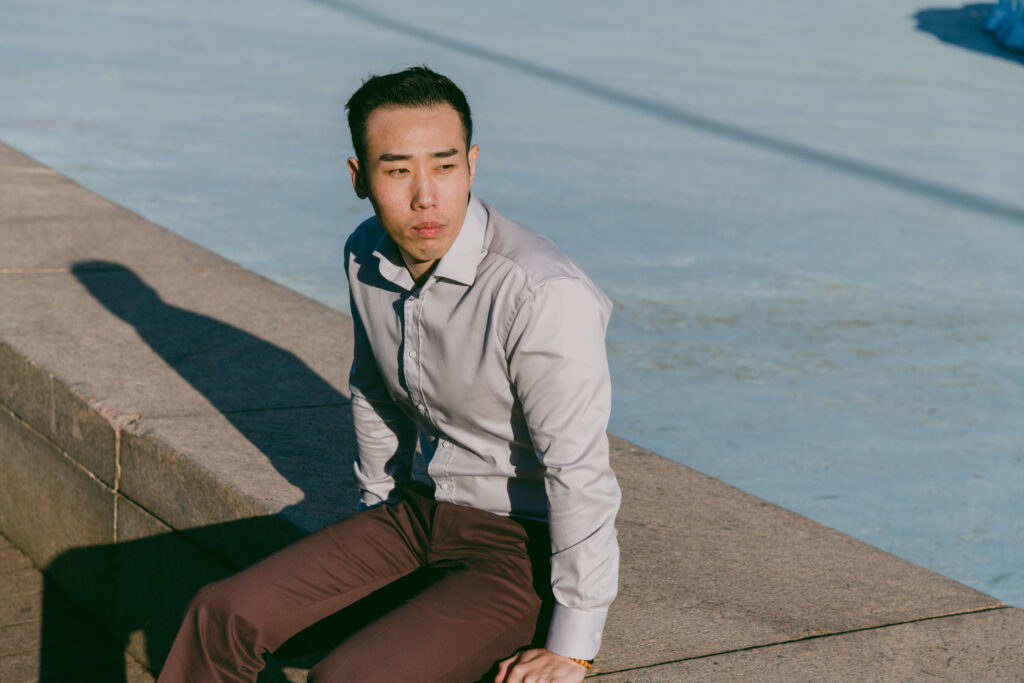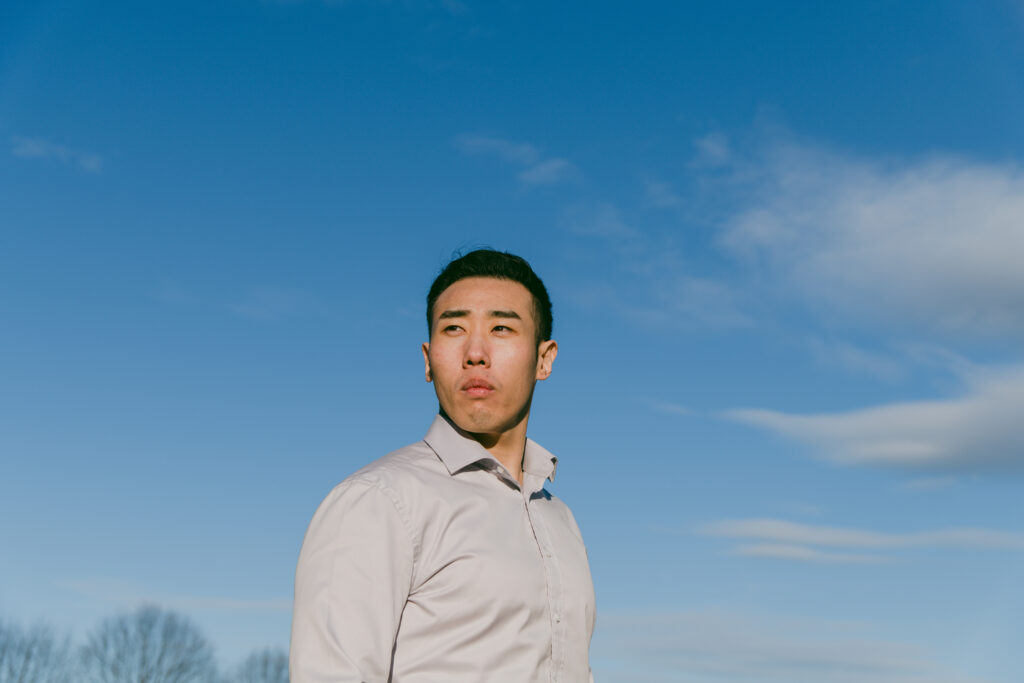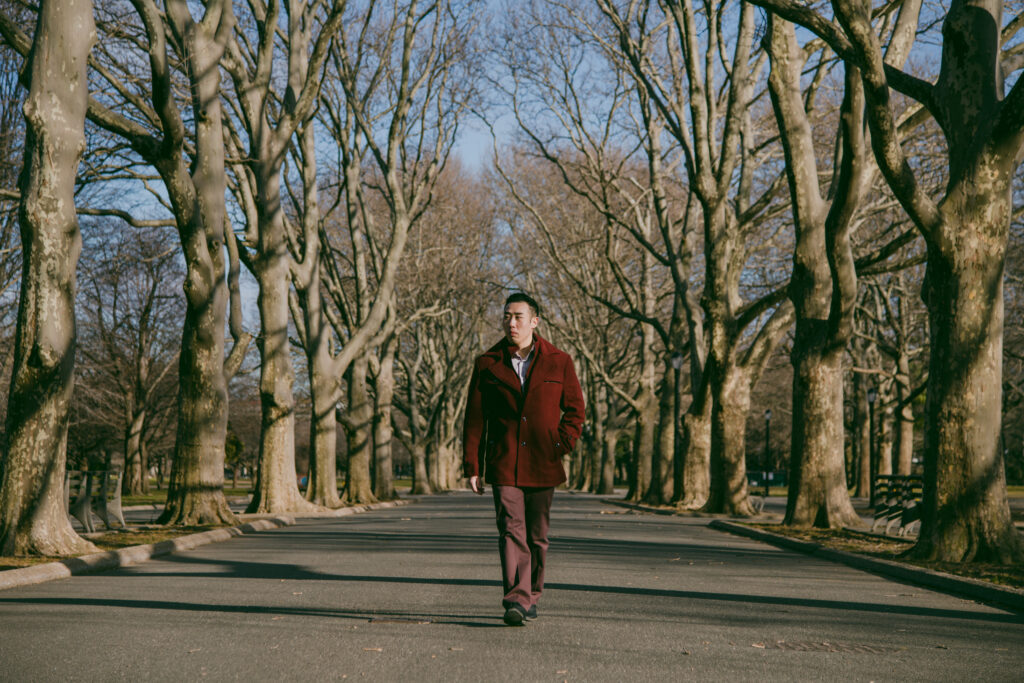
Most people have no idea what prison really is. They don’t understand how ugly it is, how unfair, how lonely.
When I was 16, I was hanging out at a karaoke bar. A fight broke and, tragically, someone died. I was charged as an adult before being convicted of manslaughter in the first degree. I was sentenced to 15 years.
At 18, at Sing Sing Correctional Facility, despair and hopelessness led me to attempt suicide. The idea that I would return home with nothing and that people would treat me and see me as nothing–that idea terrified me.

A few years later, I was at Coxsackie Correctional Facility. I was working at the Officers’ Mess Hall, cooking for staff and eating delicious, nutritious food. Most importantly, the officers treated us better. It was a prized job—available to only ten people in the entire facility. I was comfortable, relatively, of course.
But as time passed, I began to crave something more than just comfort and proper food. I wanted to imagine having a vibrant future, a meaningful life. I learned there were college programs in a handful of prisons across New York. So I took a risk and filed for a prison transfer, which did not guarantee landing at the facility I requested. It was possible I would end up in a prison even farther away from my family, where I would not have a good job, and worst of all, continue to have no higher education opportunities.

When I learned I was being transferred to Greenhaven, I was crushed. I did not know it offered college programs. Yet when I got there, I learned it was one of the prisons that hosted the Bard Prison Initiative (BPI), which offered college education and degrees to incarcerated people. Ecstatic, I signed up to take the entrance exam and was one of 16 students who was accepted for that year, out of about 250 applicants.
After that, education became my life. I learned about history, culture, philosophy, math, and literature—the ways in which people are very different yet remarkably similar as well. It was this lesson about humanity that led me to build empathy towards others. The professors became a conduit through which my connection with society was repaired and remained intact. My peers were thought partners in deliberating social issues and proposing solutions. Once a concrete box of desolation and stagnation, my cell became a space for reimagining my place in the world and how the world ought to be.

Receiving my Bachelor’s degree was one of the most proud and wonderful moments of my life. After all the festivities were over, however, I recall us students being shepherded into a huge shower room. There, we were individually strip searched, and reality came crashing down on me. It was a despairing moment at the end of an exhilarating day when I felt like I was a student, a person, an individual–before being ordered to strip and reveal all my orifices to another person.
But experiences like this made me want to fight harder, to study harder, to tell myself: never again. To fight so that I can make a dent–as just one person–in this thing we call the criminal justice system.

Inmates who participated in correctional education programs were 28% less likely to recidivate than inmates who did not participate in correctional education programs.

Most people have no idea what prison really is. They don’t understand how ugly it is, how unfair, how lonely.
When I was 16, I was hanging out at a karaoke bar. A fight broke and, tragically, someone died. I was charged as an adult before being convicted of manslaughter in the first degree. I was sentenced to 15 years.
At 18, at Sing Sing Correctional Facility, despair and hopelessness led me to attempt suicide. The idea that I would return home with nothing and that people would treat me and see me as nothing–that idea terrified me.

A few years later, I was at Coxsackie Correctional Facility. I was working at the Officers’ Mess Hall, cooking for staff and eating delicious, nutritious food. Most importantly, the officers treated us better. It was a prized job—available to only ten people in the entire facility. I was comfortable, relatively, of course.
But as time passed, I began to crave something more than just comfort and proper food. I wanted to imagine having a vibrant future, a meaningful life. I learned there were college programs in a handful of prisons across New York. So I took a risk and filed for a prison transfer, which did not guarantee landing at the facility I requested. It was possible I would end up in a prison even farther away from my family, where I would not have a good job, and worst of all, continue to have no higher education opportunities.

When I learned I was being transferred to Greenhaven, I was crushed. I did not know it offered college programs. Yet when I got there, I learned it was one of the prisons that hosted the Bard Prison Initiative (BPI), which offered college education and degrees to incarcerated people. Ecstatic, I signed up to take the entrance exam and was one of 16 students who was accepted for that year, out of about 250 applicants.
After that, education became my life. I learned about history, culture, philosophy, math, and literature—the ways in which people are very different yet remarkably similar as well. It was this lesson about humanity that led me to build empathy towards others. The professors became a conduit through which my connection with society was repaired and remained intact. My peers were thought partners in deliberating social issues and proposing solutions. Once a concrete box of desolation and stagnation, my cell became a space for reimagining my place in the world and how the world ought to be.

Receiving my Bachelor’s degree was one of the most proud and wonderful moments of my life. After all the festivities were over, however, I recall us students being shepherded into a huge shower room. There, we were individually strip searched, and reality came crashing down on me. It was a despairing moment at the end of an exhilarating day when I felt like I was a student, a person, an individual–before being ordered to strip and reveal all my orifices to another person.
But experiences like this made me want to fight harder, to study harder, to tell myself: never again. To fight so that I can make a dent–as just one person–in this thing we call the criminal justice system.
